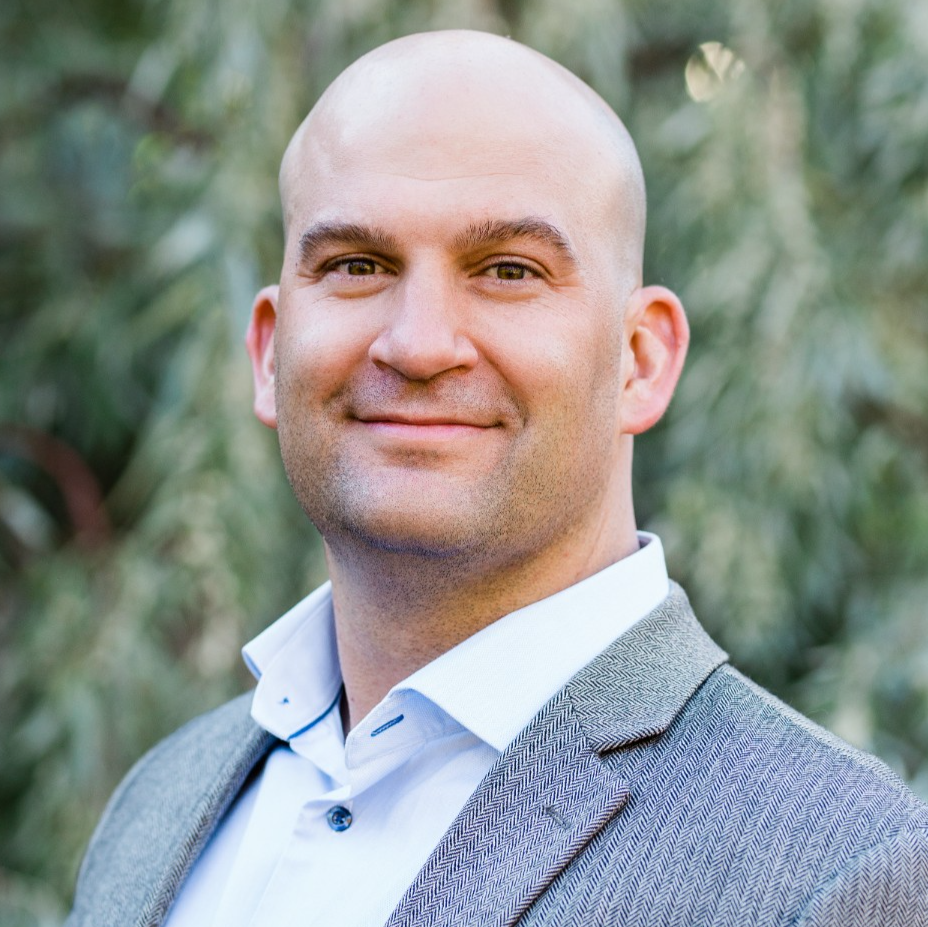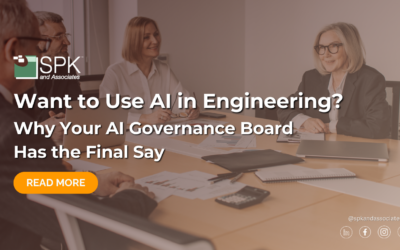Engineering Help Desk Services
IT Support for Engineers = Faster Time To Market
To accelerate product development, teams need help desk services aimed at resolving and preventing issues encountered by those developing your products. Engineers typically spend lots of time debugging or troubleshooting problems just in order to submit a ticket to their internal IT shops.
Engineering help desk services by SPK are backed with our experts that have over 15 years of experience and include responsive support (P1, P2, P3), as well as preventive infrastructure monitoring and maintenance, according to our clients’ needs.
What makes SPK and Associates different?
Customer Relationships
Typically, our clients choose to collaborate with SPK and Associates for an extended period, often spanning over 8 years.
Regulated Industries
20+ Years of experience with medical device, aerospace, automotive and other regulated industries
Hardware + Software
Uniquely positioned with years of understanding of both hardware and software product development
How Does a Engineering Help Desk Accelerate Product Development?
With over 20 years of expertise, our team has seen what streamlining support for engineers can accomplish. Any action or click a product engineer needs to do that isn’t furthering the product is one too many. Whether it’s automating repetitive work, integrating the right tools to make engineers more efficient, or providing a help desk where engineers can get answers quickly, SPK has experience supporting engineers.
Scalable Product Engineering Help Desk
In our experience, a traditional IT organization has a hard time understanding the complexities of applications like SOLIDWORKS/SOLIDWORKS PDM, Ansys, Matlab, Bitbucket, Git, Jenkins and other engineering tools. Adding users to these systems, or troubleshooting latency or other configuration issues could take traditional IT help desk staff weeks or months. This is why our team makes sense.
Our team focuses on engineer needs. Engineers get to label the priority of their support request. Here is a summary of our priority levels.
- Priority 1 – These are critical service problems that will be worked on a 24×7 basis until resolved, either remotely or on-site.
- Priority 2 – These are priority service problems that will be worked on from 6am to 9pm Pacific remotely until resolved, and on-site work can be scheduled.
- Priority 3 – These are standard service problems that will be worked on a 8×5 basis remotely until resolved, and on-site work can be scheduled.
What Our Clients Say
"SPK has been an invaluable partner in transforming our software development process. With SPK's guidance, our team embraced efficient methodologies and cutting-edge tools, significantly improving our development cycle and product quality."
Joshua Talbert
CEO, mysherpas
"Working with SPK feels like working with co-workers in my company, not like interacting with a typical technical support vendor. SPK staff are responsive and partner with me."
Jay DiToro
Director of Systems & Technology, Veranex
"The personalized attention and detailed communication we receive working with SPK and Associates is pretty special. The accessibility of SPK team members is impressive."
Evan Bruck
Director, Active Device Research and Development, BBraun Medical Inc.
Engineering Help Desk Related Resources
Want to Use AI in Engineering? Why Your AI Governance Board Has the Final Say
While nearly every engineering organization is using artificial intelligence in some form, there are some hoops teams must jump through before integrating AI. Inside most large enterprises, the authority sits with an AI governance board. These boards exist to...
Deliver High Velocity HR Service for Your Employees with JSM
HR teams can struggle to manage all of their demands without the right tools. Discover how HR teams can utilize Jira Service Management (JSM) to achieve success. What You Will Learn In this eBook, you will discover: JSM’s high velocity approach to HR management How...
When Engineering Outgrows File-Based PDM: A Business Case for Moving to Windchill PLM
For many engineering teams, file-based Product Data Management (PDM) tools are the first step toward controlling design data chaos. Solutions like SolidWorks PDM bring order to CAD files, versions, and check-in and check-out processes. For a time, this is enough....







